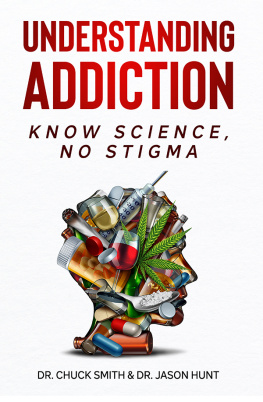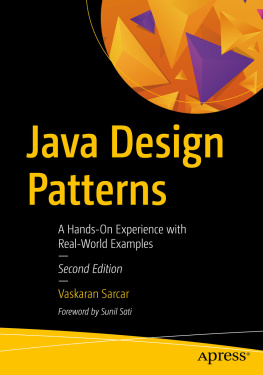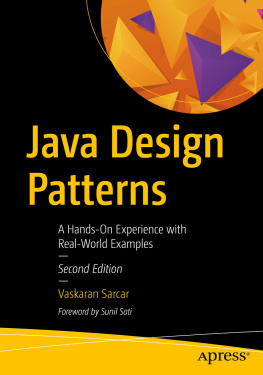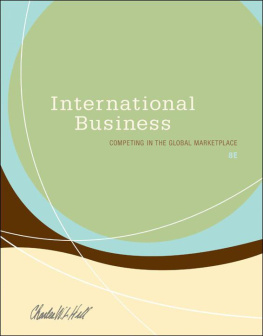PREFACE
To scientific readers, Professor Charles Richet needs no introduction, but to the public at large it may be necessary to mention that he is one of the best known of French physiologists. He has occupied for a good many years the Chair of Physiology in the Faculty of Medicine in Paris, and he has contributed greatly to the progress of the science to which he has devoted his life; some of his discoveries are alluded to with all modesty in the pages which follow. He is, moreover, a man of great erudition, and has been wisely selected to be the editor of a monumental work, Le dictionnaire de physiologie, which is issuing from the press to-day.
Professor Richet has given particular attention to the study of the psychological side of physiology, and his views on pain will be read as coming from one who is specially fitted to deal with this and other mental phenomena.
I therefore consider it a great honour that Professor Richet should have asked me to write a preface to his most interesting and convincing book on the Pros and Cons of Vivisection, and it is a great pleasure to me to commend its thoughtful perusal to all who are interested in the subject.
Professor Richet is not only one who speaks with authority, but he is one of the gentlest and kindliest of men. The science which he teaches is the science of life. To understand the meaning of vital processes it is necessary to study the living organism, and to obtain this knowledge it is sometimes necessary to perform experiments on living animals. When he defends a practice which many regard as cruel, detestable, and immoral, mainly because of the unscrupulous misrepresentations put forward by the professional Anti-vivisectionists, he does so because he is convinced that none of the epithets just mentioned correctly describe the experiments which are carried out in physiological laboratories at the present time. These experiments are undertaken only by properly qualified persons having a due sense of their responsibilities. Every regard is paid to the comfort of the animals employed; and the ultimate aim of this work is the progress of knowledge, and the consequent relief to suffering which is so often only the result of ignorance. The benefits which accrue are felt not only by human beings, but also (as in veterinary practice) by the animals themselves. No attempt is made here to defend experiments which have not these objects in view, or which (as has happened in the past) pay no consideration to the pain an animal experiences.
I feel quite sure that if the British public were convinced that the experiments in our laboratories were all conducted in accordance with our present law, the Anti-vivisection crusade would flicker out. It is the object of those who are active propagandists on the other side to keep their agitation going, by omitting to mention the painlessness of the operations performed, or by suggesting (either directly or by innuendo) that ansthesia is a sham. My own experience, which is a wide one, has been that physiologists not only obey the law literally, but are most punctilious in its due observance. A certain number of trivial irregularities have been reported to the Home Office by the inspectors appointed under the Vivisection Act, but there has been no case of omitting the use of ansthetics. The majority of these offences have been for using ansthetics unnecessarily. A certificate in certain cases is granted for the omission of an ansthetic: this is given when the operation is a trifling one, and has never been granted for any operation more serious than the prick of a hypodermic needle. Nevertheless, the operator has sometimes employed an ansthetic even for this, and has in consequence been reported to the Home Office for infringing the terms of his certificate.
Pawloff has truly said that the ideal experiment is one performed without ansthesia and without pain. In many cases this ideal can be realised, but in other cases it is unattainable. Physiologists have, therefore, had to select which of the two disturbing factors shall be absent, and they have unhesitatingly chosen the latter. Pain must be absent (1) on grounds of humanity, (2) because it is a far greater disturber of the normal functions than ansthesia is, and (3) because the struggles of an animal in pain will nullify the accuracy of the experiment, and endanger the safety of the delicate apparatus which it may be necessary to employ.
Exactly the same arguments apply to the employment of the antiseptic or aseptic methods of surgery, in experiments in which the animal is kept alive after an operation to study its effects. The healing process is then painless, and there is absence of those febrile and inflammatory conditions which would otherwise complicate the issue.
It is therefore for two reasons that an experimenter uses both ansthetics and antiseptics, (1) to save the animal suffering, and (2) to ensure the success of the experiment.
The barbarities which are recorded by Anti-vivisectionist agitators do not exist; the repetition of their stories in spite of repeated contradictions is partly due to wilful misrepresentation and exaggeration, and partly the result of ignorance of the meaning of the technical terms employed by physiological writers.
At the Royal Commission which is now considering the question of Vivisection, the cases of alleged cruelty have been one by one sifted to the bottom, and in no single case has a charge of cruelty been sustained. Any one who cares to wade through the four bluebooks of evidence which have been printed will discover for himself that this is so. In fact, one prominent Anti-vivisection journal (the Verulam Review, April-June 1907, p. 186), in reference to the evidence given by one of the witnesses before the Commission, had to confess, "Almost every one of Mrs Cook's horrifying cases seems, when examined, to melt away."
An Anti-vivisectionist publication which has obtained some notoriety ("The Shambles of Science") figured in a recent lawsuit. When the particular charge which was the subject of the action was investigated by a prolonged inquiry before the Lord Chief-Justice, a British jury showed their sense of the enormity of the slander by awarding the physiologist impugned the very substantial damages of 2000. An undertaking was subsequently given by the publisher of this "hysterical work" (to quote the words of the Lord Chief-Justice) that it should be withdrawn from publication. Yet the book has been since re-issued by the authors, with the chapter that formed the subject of the trial omitted, but otherwise with very little alteration. The libellous statements scattered through its other chapters can still be read by the lovers of sensation, and the authors doubtless hope that their readers will never take the trouble to read also the evidence before the Royal Commission in which all the allegations of cruelty have been shown to be groundless.









